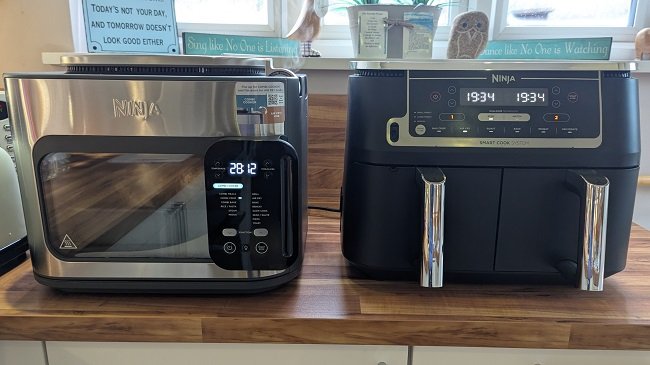Cheap Beer
Cheap and cheerful or a surprisingly good bargain?
I often trot out the old adage “you get what you pay for”. However, upon reflection I think it’s a saying that should be used carefully. If employed when referring to buying a shirt, then it carries weight. I recently bought a double cuff shirt from Hawes & Curtis and the high price reflected the quality of the stitching and material. I could have bought another shirt for a tenth of the cost from Primark but it simply wouldn’t have been comparable. So on this occasion, the phrase was relevant. But if employed with regard to products like biscuits or laundry detergent then it doesn’t always hold up. Because the adage implies that a cheaper product is inferior by default, yet that is patently not the case with the examples I’ve given. Many supermarkets range of store brands can provide good alternatives to well-known premium products. It can be a process of trial and error to discover them but they do exist. Also even though attitudes are changing, there is still a lot of snobbery and brand loyalty associated with grocery shopping. In the UK the is a clear hierarchy of supermarkets.
So where is this all going, I hear you ask? Well, I want to discuss cheap bear. Actually, I specifically want to discuss one particular brand but we’ll come to that in a moment. First, a few words about my drinking habits. I enjoy a wide variety of alcohol and drink several times a week. I’m a bit of a seasonal drinker favouring heavier red wines and stout in autumn and winter, then moving to lager and white wine during the warmer months. I also like gin, vodka and brandy. I have a personal drinking hierarchy. For example I will sometime buy an artisan beer and drink it to savour its flavour. Alternatively, if I’m drinking socially at a barbecue or some similar event, the alcohol consumed tends to be more generic. I’ll happily add lime to a standard mid-tier lager. But I wouldn’t bastardise a fine malt whiskey. And then there’s very cheap alcohol. Strong beer or cider that is specifically manufactured for the purpose of rapid intoxication. I tend not to buy these products.
Michael Caine only drinks beer “in a thin glass”…
Now I was in Aldi today. If you are not familiar with the supermarket, it’s a German chain. They are rapidly increasing their share of the UK market. They sell predominantly their own range of products or have exclusive contracts with European suppliers that are not so well known in the UK. Hence you avoid the mark up associated with premium brands but that doesn’t mean that the quality is inferior. Over time Aldi has managed to swim against the tide of cultural snobbery and now enjoys a very eclectic cliental that straddles several socio-economic groups. As the weather is pleasant at present and looks to stay that way for the bank holiday weekend, I thought I’d buy some beer. So I ended up buying 12 cans of Rheinbacher Premium Pilsner. Each pack of four 500ml cans cost £3, so I spent £9 in total. 500ml fills my favourite pint glass with just a centimetre or so gap at the top. The beer itself is a pale lager in the North American style. It pours with a pale gold body with a light white head. It has a fruity aroma and a mild, sweet malt taste. It’s doesn’t reinvent the wheel but it’s surprisingly pleasant and makes for solid evenings drinking if you stick with it.
Is this man a beer snob? Who knows?
Out of idle curiosity, I did a little digging online and discovered that there are numerous beer aficionados running review websites. Rheinbacher Premium Pilsner scores surprisingly well, although you quickly ascertain that a percentage of beer drinking community are utter snobs. And like most snobs, their prejudice is founded in irrationality. Because the main criticism of this particular beer is its price and where it is sold. Factors that have zero relevance regarding its taste. However, despite the garrulous inanities of the idiot brigade, there were plenty of positive reviews. Which brings me full circle back to my opening gambit and getting what you pay for. Sometimes, something can be inexpensive without compromising on quality. Today’s purchase was a nice reminder to look beyond traditional brand loyalty and try something new. Cheap does not necessarily mean poor quality. I suspect that there are “hidden gems” in all supermarkets. I shall certainly be doing some further experimenting next time I go to Aldi.




























